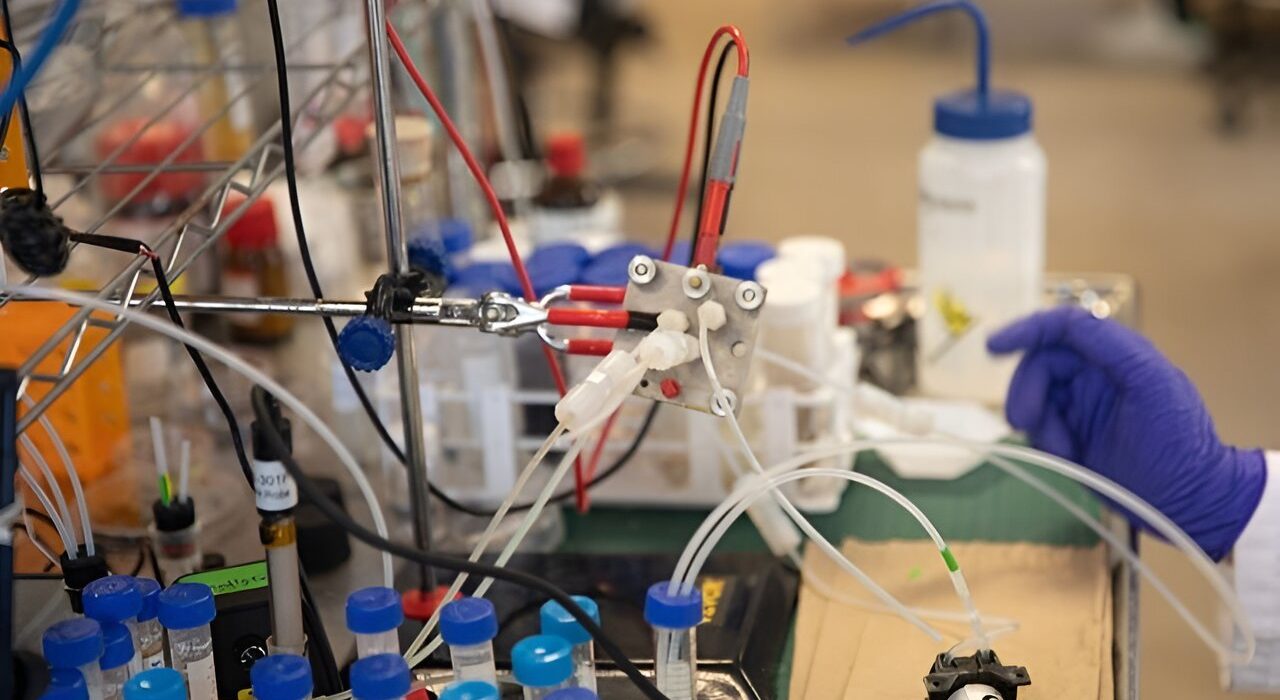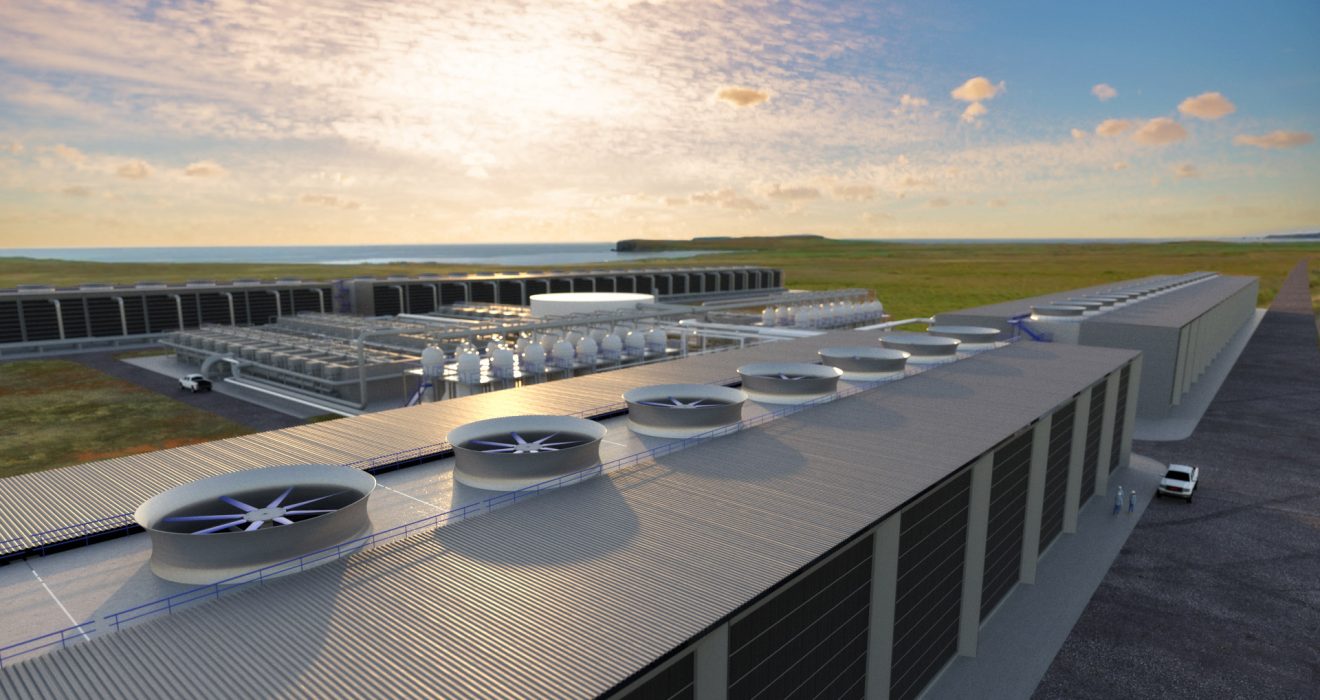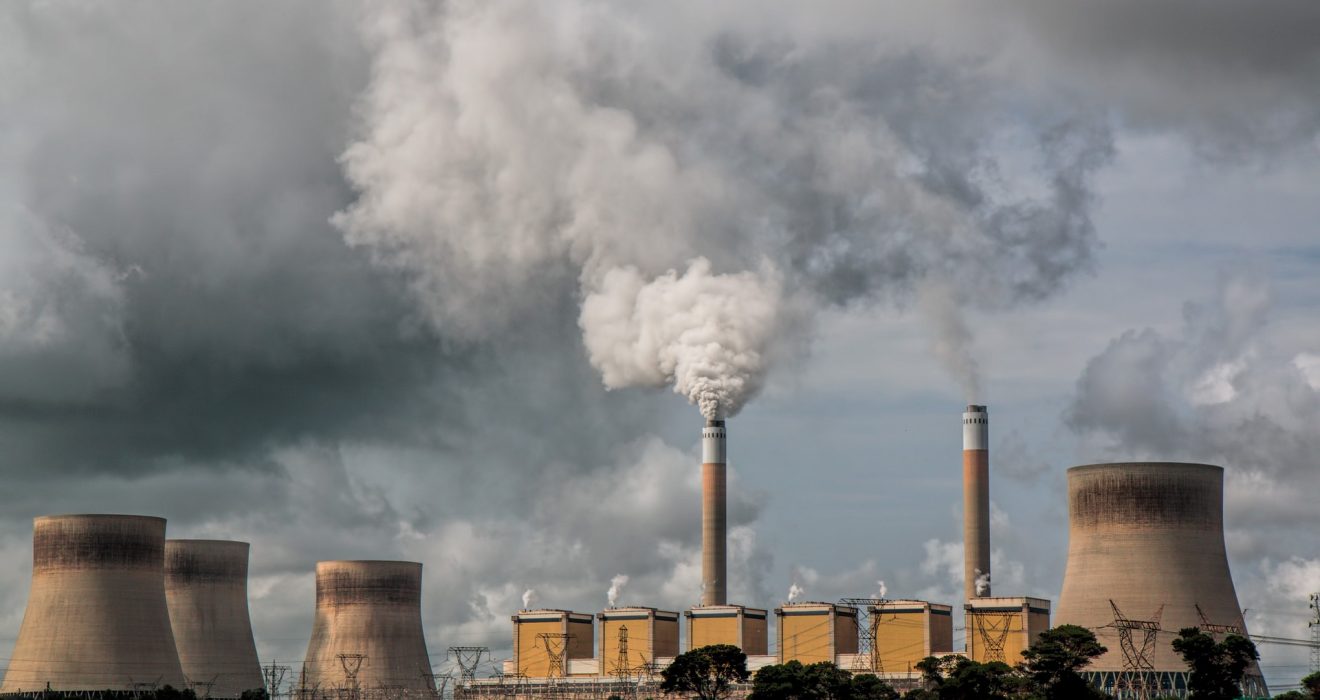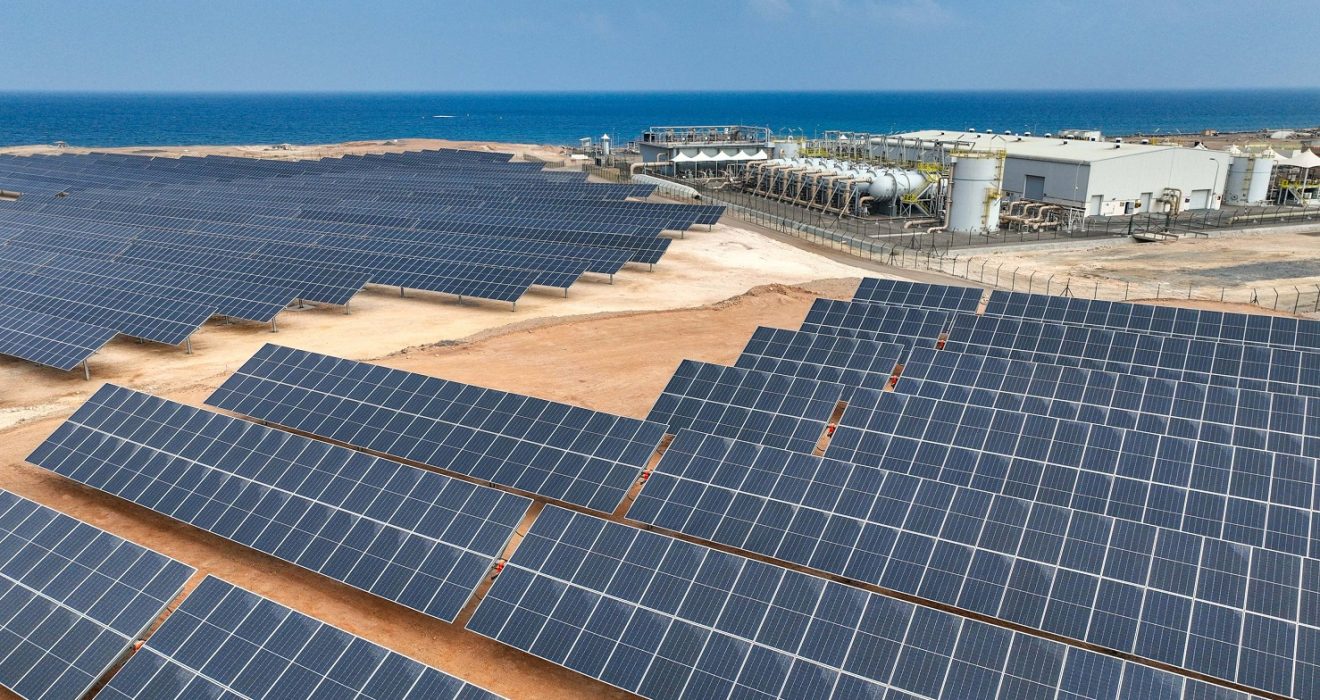The urgency of addressing climate change has reached a crucial point in the United States, with the federal government investing extensively to hasten the transition to decarbonization. However, the success of these efforts is heavily reliant on the state and municipal governments, which are at the forefront of implementation. Recent [...]










